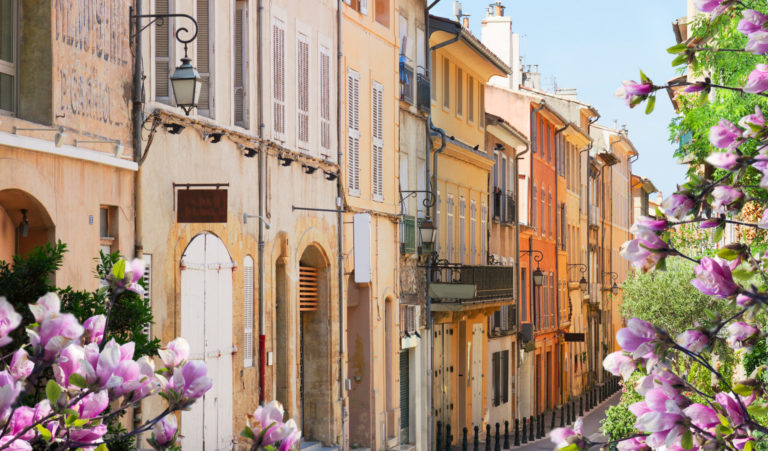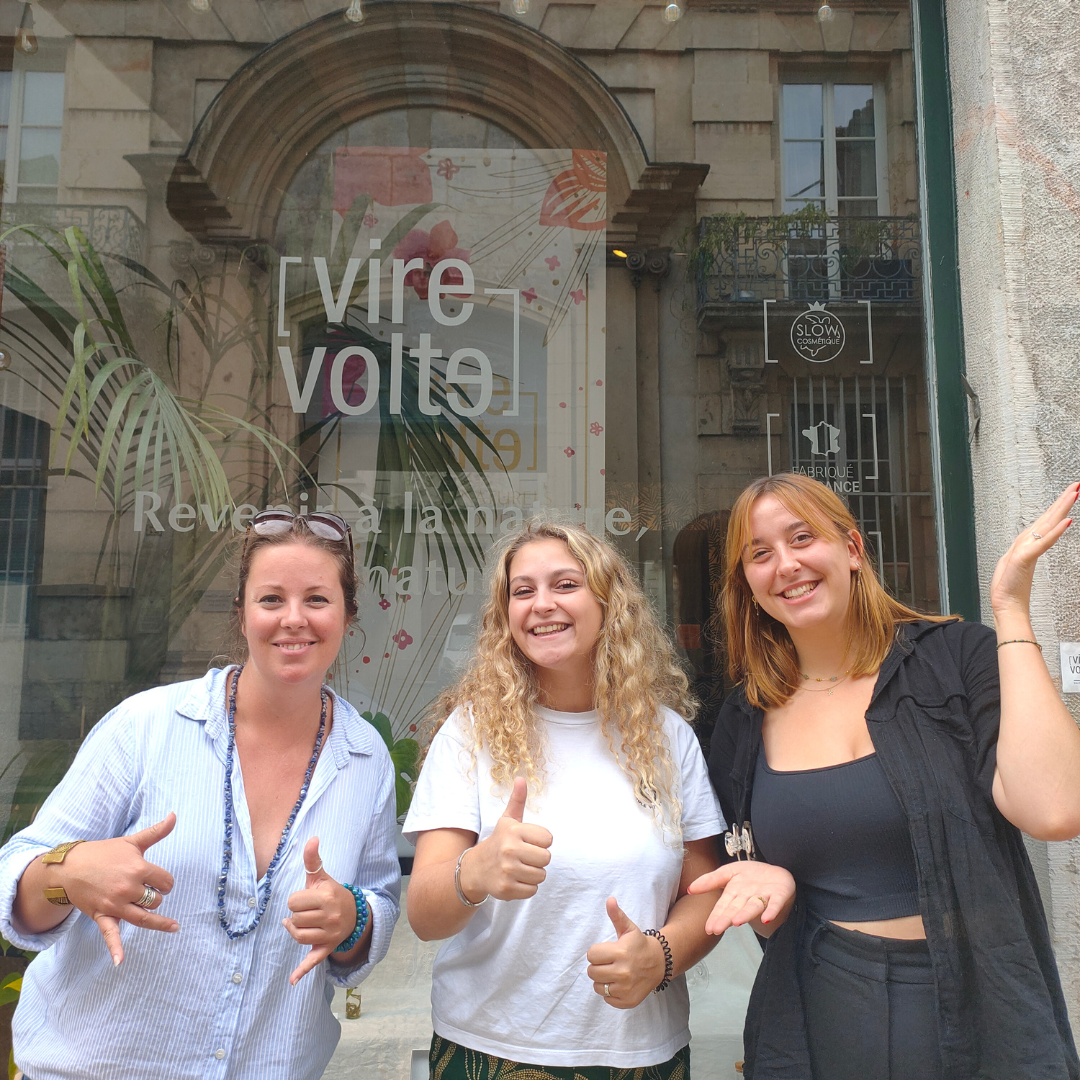
Grasse, or the culture of smells
Originally, perfumery practices come from Egypt. However, the Mediterranean basin, with its great diversity of fragrant plants, makes it a privileged environment and Grasse, a city conducive to the cultivation of perfume plants such as jasmine or rosa, will quickly become the capital of perfume.
From the beginning of perfumery, the cultivation of aromatic plants enabled the people of Grasse to surround themselves with a constant fragrant air. There is indeed a culture of smell in Grasse. It is an essential trait for the region.
An environmental asset
Thanks to its climate and its environment, there are many plants: citrus fruits, cypresses, roses, jasmine, carnations, violets, narcissus, and broom. In its surroundings, many aromatics have been planted such as rosemary, thyme and mint. From the Middle Ages, tanners settled in Grasse. The smell of leather is nauseating and perfumes will be used to mask these smells. The scented glove was born. The profession of tanners was then closely linked to that of perfumers, these craftsmen would become the first "glove-perfumers". The skins are prepared with local aromatic plants such as myrtle and lentisk pistachio, iris, lavender and bitter orange. Some plants are also used as a dye.
In 1729, the perfumers obtained the status approved by the parliament of Provence, and settled in Grasse.
Industrialization
The specialty of Grasse perfumers was to become enfleurage. This process is particularly suitable for plants such as jasmine, orange blossom, tuberose or narcissus, all flowers with white petals, which are more fragile than colored ones. This technique consists of sticking the petals one by one on a frame, on which a layer of fat has been spread beforehand. The operation is repeated until the fat is saturated with smell. This perfumed fat is then recovered to make ointments or after mixing and evaporation with alcohol to obtain an absolute. It requires products of extreme freshness, the plants will now be grown on site, large premises, the former convents are bought by a few wealthy perfumers, merchants and producers. These buildings become the first factories for storing and transforming raw materials. A large labor force is necessary, the picking, the sorting of the flowers, the preparation of the greasy substances are carried out by women.
The countryside of Grasse was to be invested with perfume plants, a world laden with smells, which was to become an industry. Flower harvesting occupies between 6 and 7000 people who work in the fields, while 3.500 people concentrate on factory work. Located not far from the port of Marseille, perfumers can easily stock up on substances such as lemongrass from Java, sandalwood from India, bergamot from Calabria, patchouli from Singapore, Iris roots from Florence or wood Brazilian rose.
Perfumery is a very flourishing industry which employs glassmakers, tinsmiths (manufacturers of tinplate objects), corks, boilermakers and printers. The city and its population are entirely devoted to perfumery.
Based on research by Tachka Sofer.

End of the Virevolte adventure
Do not hesitate to consult the list of our resellers if you wish to buy one of our perfumes.
Julie Desoomer
